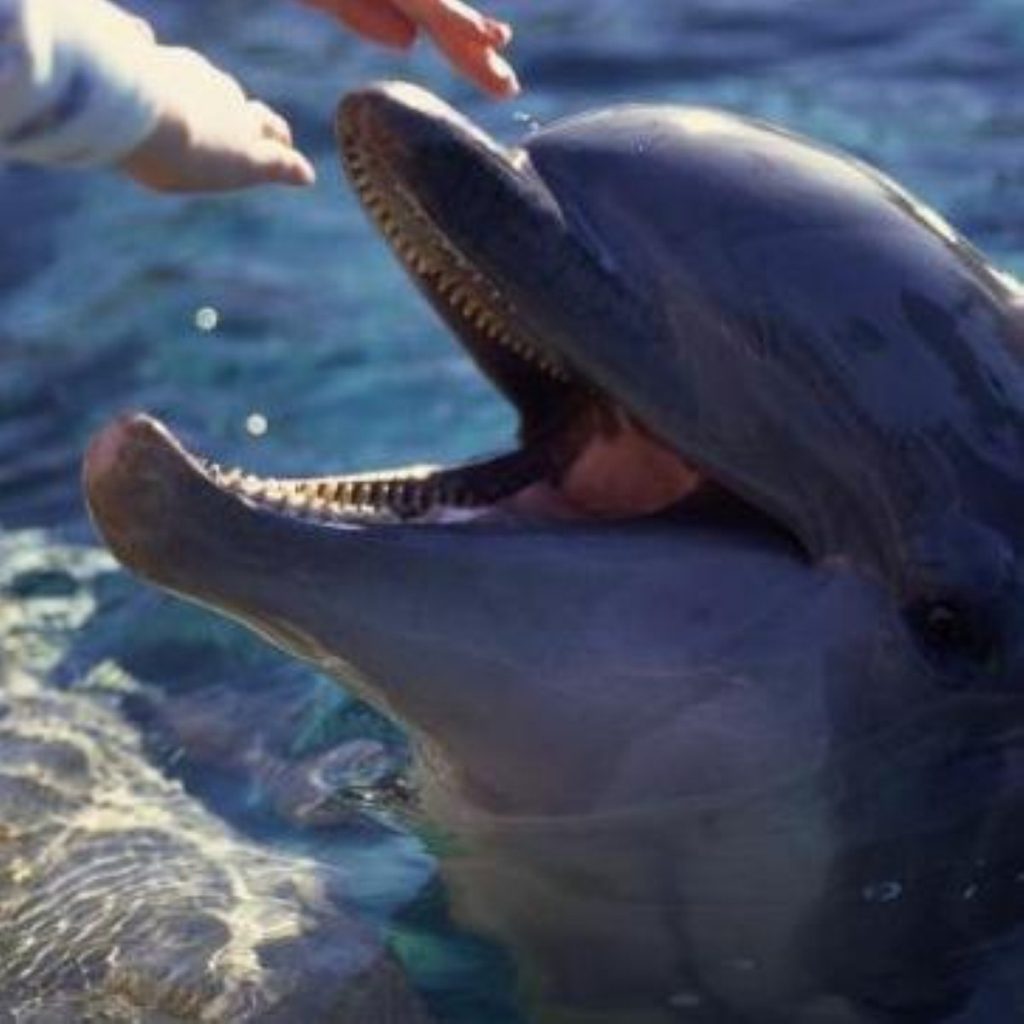Bradshaw moves to protect dolphins
The Fisheries Minister has said that he is seeking emergency action by the European Commission to close an offshore bass fishery.
The fishery, off the south west coast of England, has seen an exceptionally high level of dolphin deaths.
In 2003, 207 dolphins were washed up on the shores of Devon and Cornwall, but campaigners estimate that this is only a small percentage of the number who die in the nets.
Campaigners are calling for the Government to ban pair trawling, whereby two boats drag a huge net between them. If dolphins are caught in the net they die by drowning. In April, Cornish MP Candy Atherton called on the Government to take action to close the fishery, and Adrian Sanders MP tabled a bill in an attempt to ban pair trawling.


European action is necessary because the majority of boats engaging in pair trawling in the area are French.
Ben Bradshaw said that the Government had commissioned significant research into trying to reduce the level of by catch through an exclusion grid. Though results were initially promising, this year 169 dolphins were observed bycaught over a period from November 2003 to April 2004.
Mr Bradshaw said: “I have made quite clear in the past that I am committed to making progress in reducing dolphin deaths in the offshore pair trawl fishery
“I am disappointed that this year’s trials have not been as successful as we would have hoped after the potential shown in last year’s grid trials. The level of by catch observed is unacceptable and it is clear that the grid does not provide an early solution to this problem.
“A detailed case will therefore now be put to the Commission for emergency action under the Common Fisheries Policy to close the offshore fishery to pair trawling.”
He said that if the Commission did not back his proposals then: “I will take action to ensure that this fishery does not continue in its present state next season, and will be looking to limit the number of vessels allowed into the fishery and to close the fishery within our national 12 mile limit.”












